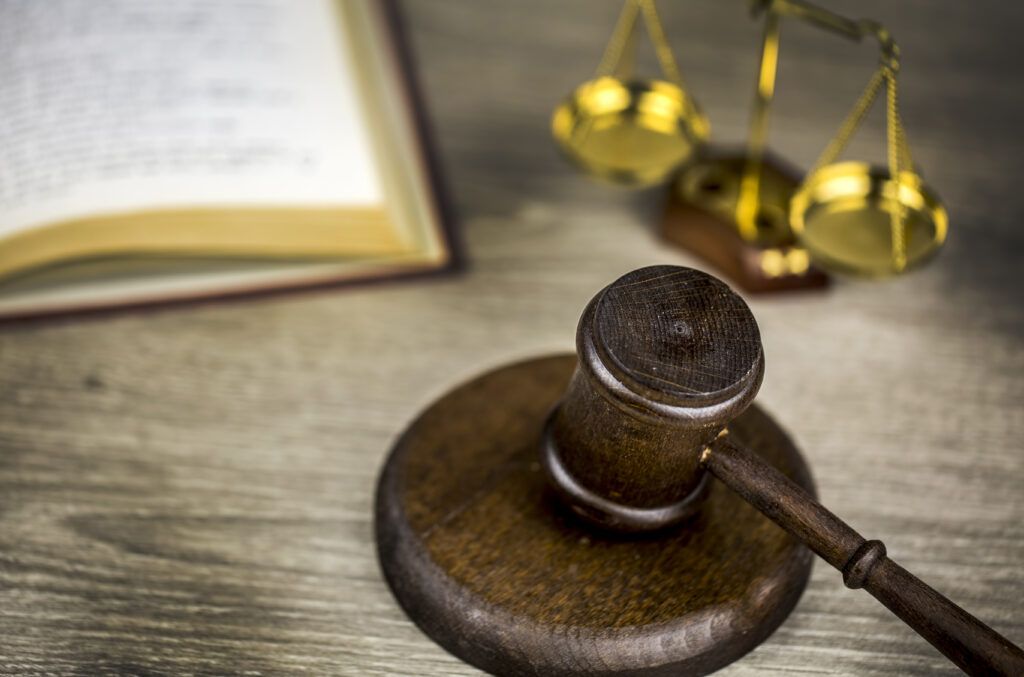Sexual Assault: Mistaken Belief in Consent

Sexual assault is a criminal offence under s. 271 of the Criminal Code. Sexual assault is defined as any form of sexual contact without the consent of both parties. This includes not only intercourse itself but unwanted touching or fondling as well.
A potential defence to sexual assault charges is that the accused had a “mistaken belief in consent.” When determining whether an accused person is guilty of sexual assault, the Court considers consent.
If you are accused of sexual assault and can prove to the Court that you had a legitimate and reasonable but mistaken belief that the complainant had consented to the activity in question, you will not be found guilty of sexual assault so far as that activity is concerned. However, navigating the legal intricacies of consent and mistaken belief can be complex, which is why it’s crucial to seek the guidance of a sexual assault lawyer who can provide expert advice and representation to safeguard your rights and interests throughout the legal process.
When will the ‘Mistaken Belief’ defence be used?
First, the defence lawyer must consider the subjective mental state of the accused at the time that the alleged offence was committed. The lawyer must ascertain the information known to the accused, and consider not only what the accused actually knew at the time of the sexual act, but what they ought to have known.
In general, if a defendant tells his or her criminal defence lawyer that they believed the complainant was consenting, the defence lawyer will want to raise this defence.
The defence lawyer must also consider the objective component of the defence of mistaken belief before he or she will raise the defence.
The lawyer must ascertain whether a reasonable person, aware of the circumstances known to the accused at the time of the offence, would have taken further steps to confirm that the accused was consenting before proceeding with the sexual activity.

In other words, the lawyer has to consider whether or not the average person would have been satisfied that the complainant was consenting to the sexual act if they were in the same situation.
If the average person hadn’t believed that the complainant was consenting, the mistaken belief claim would not be used as a defence. However, if the lawyer determines the average person would have believed the complainant was consenting, or if the answer is ambiguous, then the lawyer will raise this defence.
What Happens if this Defence is Used?
Once the defence of mistaken belief is raised, the court will consider all of the circumstances to first assess whether or not the defence has “an air of reality,” and determine what information to believe.
The decisions made by the court are akin to those made by the lawyer when determining whether or not to use this defence.
On the basis of the information that the court accepts as true, the court will determine that the accused genuinely believed the complainant was consenting at the time of the offence (the subjective component), and that a reasonable person, in the same circumstances as the accused and with the same knowledge as the accused had at the time, would have been satisfied that the complainant was consenting to the sexual act.
If the court has any reasonable doubt, the benefit of the doubt must go to the defendant.
When is ‘Mistaken Belief’ and Unacceptable Defence?
There are some limits to the defence of mistaken belief in consent.
1. If the accused’s belief in consent arose from self-induced intoxication, recklessness, or willful blindness, the defence of mistaken belief will not be available.
2. Before raising the defence, the accused must first show that they took reasonable steps to ascertain whether or not the plaintiff is consenting. This is a procedural hurdle the defendant’s criminal defence lawyer must get through before he or she can raise this defence.
How is a ‘Mistaken Belief’ Claim Won?
The defence of mistaken belief in consent often comes down to what criminal defence lawyers call a “battle of credibility.”
Only the accused and the complainant can ever really know what happened during the sexual encounter. Thus, the legal question of whether or not the complainant consented invariably comes down to a question of who the court chooses to believe: the complainant or the defendant. Presenting a clear and consistent testimony of what happened is the defendant’s best bet for being believed in the courtroom.
Get Legal Representation from Experienced Criminal Lawyers
Navigating the complexities of mistaken belief in consent in sexual assault cases is essential. Our experienced Toronto sexual assault lawyers are here to provide expert legal assistance. Contact us for a free consultation to discuss your case and explore your options. We are dedicated to defending your rights and ensuring the best possible outcome for your situation.
This article provides general legal information only and should not be construed as legal advice. Laws and their interpretation may change, and the application of law to specific circumstances requires professional legal assessment. If you have questions about a legal matter, please contact us for a free consultation.

Jonathan Pyzer, B.A., L.L.B., is an experienced criminal defence lawyer and distinguished alumnus of McGill University and the University of Western Ontario. As the founder of Pyzer Criminal Lawyers, he brings over two decades of experience to his practice, having successfully represented hundreds of clients facing criminal charges throughout Toronto.





